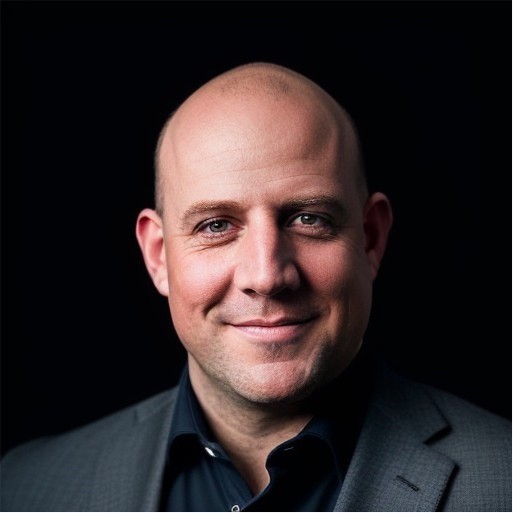
I sat in a team development and networking session, and immediately could cut the tension in the air. Team members felt the exercise was forced and insincere by a well-intentioned leader.
While a good attempt to motivate and inspire team members, I quickly realized the group was becoming more resistant, disengaged and cynical about the efforts, making it even harder to build trust and collaboration.
Team building is often treated like a checkbox—something we do once in a while to feel good about collaboration, but then quickly move on from.
The biggest issue with this approach? A lack of genuine engagement and follow-through. If we want team building to be more than just a temporary morale boost, we need to rethink how we approach it.
Too often, team-building activities are seen as one-off events and surface-level engagement, designed to create temporary camaraderie without any real lasting impact. This mindset leads to several challenges:
- Superficial outcomes: The feel-good vibes from a fun day out don’t last if they’re not backed by meaningful changes in how the team operates. Without a commitment to applying what’s learned, any positive effects quickly fade away.
- Misalignment with team needs: When activities aren’t tailored to the specific challenges a team faces, they can feel irrelevant or, worse, counterproductive. A one-size-fits-all approach doesn’t work in team building.
So, how do we turn team building from a superficial exercise into a powerful tool for enhancing team dynamics? Here’s a roadmap:
Start by pinpointing the specific issues your team is facing. Is it communication? Trust? Engagement? Whatever the challenge, design your activities to directly address these needs.
Make sure everyone knows why they’re participating in these activities and how it connects to the broader goals of the team and organization.
Team building should be part of the daily workflow, not just a yearly event. Regular check-ins and follow-ups can help reinforce the lessons learned and integrate them into daily interactions.
Make team-building principles a core part of your team’s culture. Trust, communication, and collaboration should be ongoing priorities.
Keep in mind that every team is different. Customize your activities to fit the specific dynamics of your team, considering factors like size, diversity, and work environment. Get your team involved in the planning process. This ensures that activities are relevant and resonate with them, increasing buy-in.
Here are a few strategies to increase genuine engagement into team building:
- Make activities meaningful: Choose activities that are not only enjoyable but also meaningful. They should have a real impact on improving team dynamics and be directly related to the challenges your team is facing.
- Encourage voluntary participation: Don’t force participation. Create a safe and open environment where team members feel comfortable engaging.
- Lead by example: Leaders should be actively involved in team-building activities, demonstrating the importance of team cohesion through their actions.
- Provide ongoing support: Support doesn’t end after the activity. Provide continued resources, coaching, and follow-up sessions to keep the momentum going.
- Conduct debriefs: After each activity, hold debriefing sessions to discuss what was learned and how the team can apply these insights. This reflection is key to making team building effective.
- Monitor progress: Keep an eye on how team dynamics evolve after the activities. Use feedback and observations to make necessary adjustments.
Effective team building isn’t just about having a good time—it’s about creating accountability and lasting change in how your team operates. Designate someone to oversee the implementation of these goals and ensure that the team stays committed.
By focusing on genuine engagement, continuous effort, and clear objectives, you can transform team-building activities from superficial exercises into powerful tools for improving collaboration, trust, and performance.
Remember, the key is to keep it real, keep it relevant, and most importantly, keep it going. It’s essential to market yourself professionally and share your achievements and goals..
If you’re in need of further insight and best practices, set up a FREE Talent Strategy Call with our team.

About the Author
Tyler Bloom is the founder of Bloom Golf Partners. A former golf course superintendent and turf professional, Tyler’s love of all things golf began at the age of six when he stepped onto the course for the first time.
Tyler has an Executive Certifacte in Talent Acquisition fro Cornell University and a degree in Turfgrass Science from Penn State University. With 20 years of experience in the golf and turfgrass industry, Tyler has worked directly with reputable club leaders at some of the most prestigious clubs to place over 300 professionals in executive and management level positions throughout the United States.
Are you ready to build a top-performing team that drives results? Our proven framework, methodologies, and implementation is based on our personal track record of developing world-class teams. In addition to talent acquisition, we provide leadership development and ongoing consultative services for the golf course and club industry. Our team has personally coached and mentored dozens of future golf course superintendents across the United States.
